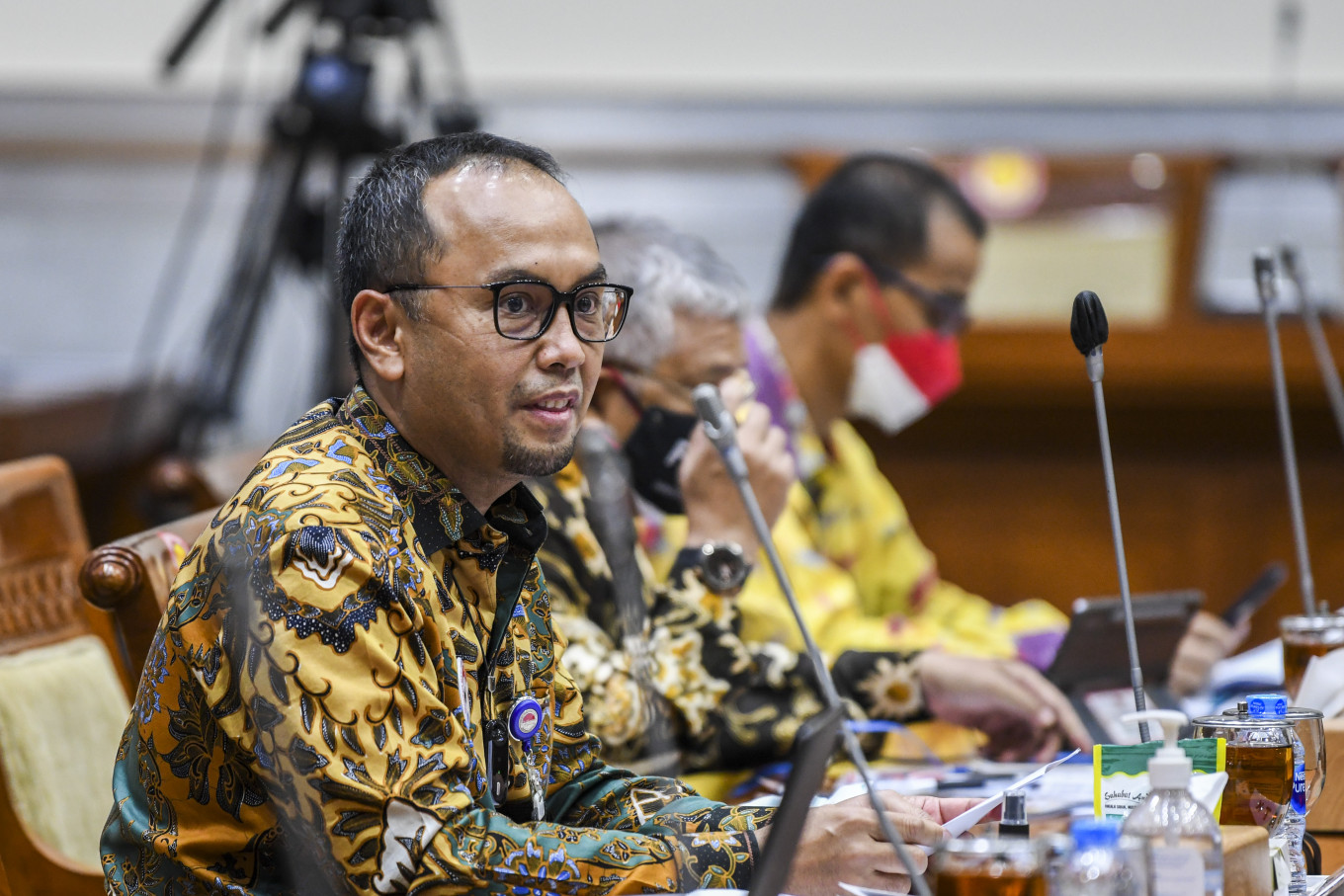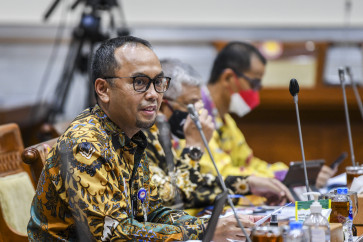Popular Reads
Top Results
Can't find what you're looking for?
View all search resultsPopular Reads
Top Results
Can't find what you're looking for?
View all search resultsIllegal investment alerts Indonesia’s antimoney laundering enforcement
Uncertainty in Indonesia's current financial service regime and enforcement makes it fertile ground for fraudsters.
Change text size
Gift Premium Articles
to Anyone
F
oreign investors in Indonesia should be aware of uncertainty in regulations governing Indonesia’s financial services regime and its record in enforcing money laundering prosecutions. Indonesian authorities recently use money laundering and cyber-fraud laws to prosecute companies allegedly involved in illegal investment in relation to peer-to-peer lending and digital trading platforms.
This case has generated public attention and has pushed Indonesian law enforcement to use money-laundering laws to fill gaps in Indonesia’s financial crime legislation. Businesses and foreign investors must take this as their cue to enhance their antimoney laundering (AML) due diligence and compliance in order to minimize the potential risk of becoming involved in financial crimes and fraudulent activities associated with fintech/digital investments and subsequent prosecutions.
The trend of using online platforms for investment and borrowing money (e.g., digital assets, online trading apps, peer-to-peer lending) has successfully lured thousands of Indonesian financial-service consumers into the digital finance market.
However, the uncertainty in Indonesia's current financial service regime and enforcement makes it a fertile ground for fraudsters. Consequently, we now see that this trend of increasing investment in digital platforms is pushing Indonesia's law enforcement officials to evaluate the country’s internet laws and AML policies.
The Financial Transaction Report and Analysis Center (PPATK) monitors AML risk in the fintech industry, specifically in relation to illegal or unlicensed peer-to-peer (P2P) lending practices. Between 2018 and the first quarter of 2022, the Anti-Investment Scam Task Force, part of the Financial Services Authority (OJK), closed down as many as 3,989 unlicensed P2P lending fintech companies.
Moreover, the PPATK also froze 345 accounts that it alleges were connected to illegal investment schemes worth US$40.9 million, and the Indonesian Commodity Futures Trading Regulatory Agency (Bappebti) also has blocked a number of unlicensed trading platforms that advertise themselves as “robot trading”. Indonesian authorities have arrested four suspects in relation to fraudulent investments using online platforms such as Fahrenheit’s trading robot.
That law enforcement officers used money laundering laws to prosecute individuals who were involved in these cases represents a breakthrough for AML enforcement and investigation in Indonesia where, traditionally, the authorities tend to process cybercrimes and fraud schemes through cyber-fraud law or the older Criminal Code.



















